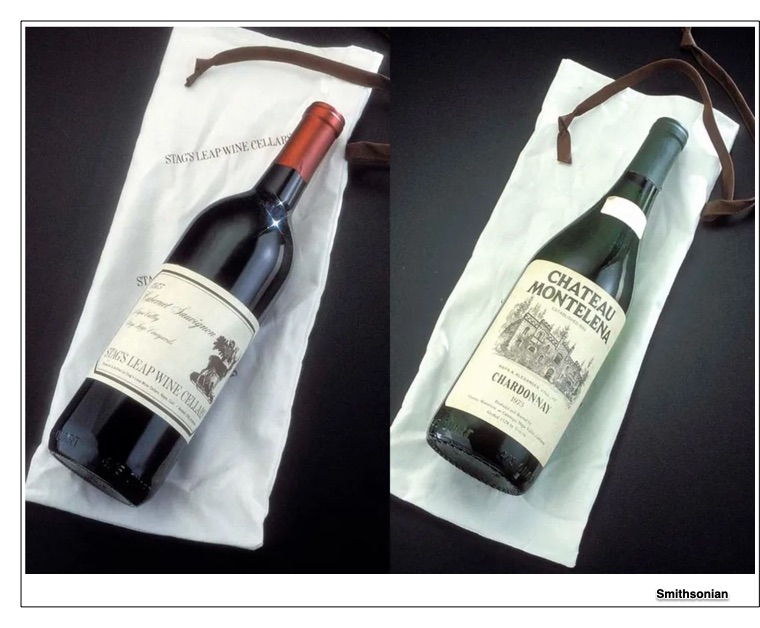During an unforgettable 1976 wine tasting, for the first time, two California vintages topped their French competitors.
Asked about the results, we might say taste. However, a behavioral economist could have another answer.
The Judgement of Paris
Called the Judgement of Paris, a British wine merchant hosted a wine tasting at a Paris hotel on May 24, 1976. Ranging from sommelier to journalist to winemaker and critic, his judges were experts. At the tasting, they sampled 10 whites and 10 reds. Comparing six Napa chardonnays and four from Burgundy, the judges said a 1973 Chateau Montelena chardonnay from California winemaker Mike Grgich was best. Equally surprising, among the six California cabernets and four Bordeaux reds, a 1973 cabernet sauvignon from Stag’s Leap Wine Cellars got the top rating.
The judges:

Hearing the results, one French taster–the editor of a prestigious wine magazine– asked for her scorecard. Embarrassed, she wanted no one to know her ratings,
Still though, two Princeton University economists question the results. In their analysis, they point out that the organizers just averaged the scores and divided by 9 to get the ranking. With scores from one to 20, the results depended on each judge’s scale. One could have stuck with 15 to 20 while another used lower numbers. Instead, in their paper, they describe the statistical approach that would have been more accurate. However, rescoring the event, they still had Stag’s Leap as #1. (The paper does not say what would have happened to the chardonnays.)
Our Bottom Line: Confirmation Bias
Fifty years ago, when everyone believed French wine was best, an economist might have said the reason was confirmation bias. Confirmation bias occurs when an outcome is the result of what we expect. In a legendary primary school experiment, teachers expected blue-eyed children to be smarter, and they were. When they switched to brown eyes, so too did the brains. With wine, until 1976, because the experts expected French vintages to be the best, they were. If they had believed the opposite, their confirmation bias would have made it happen.
To avoid confirmation bias at your wine tasting, Princeton economists Orley Ashenfelter and Richard E. Quandt suggest three basic rules:
- The tasting has to be “blind.”
- Don’t let “judges” talk to each other when tasting the wine.
- Use a statistically appropriate analysis of your results.
And, answering our title as to why France liked California wine…because they did not know it was from California.
My sources and more: Reading that legendary winemaker Mike Grgich died at 100 years old, I thought about the French discovery of his California wine.

From there, the story unfolded in Smithsonian, CNN, and with the AAWE (American Association of Wine Economists). But, finding the academic analysis was the real delight. (Please note that I’ve used the British spelling of judgement –with an “e”– and that a part of our Bottom Line was previously published at econlife.)






